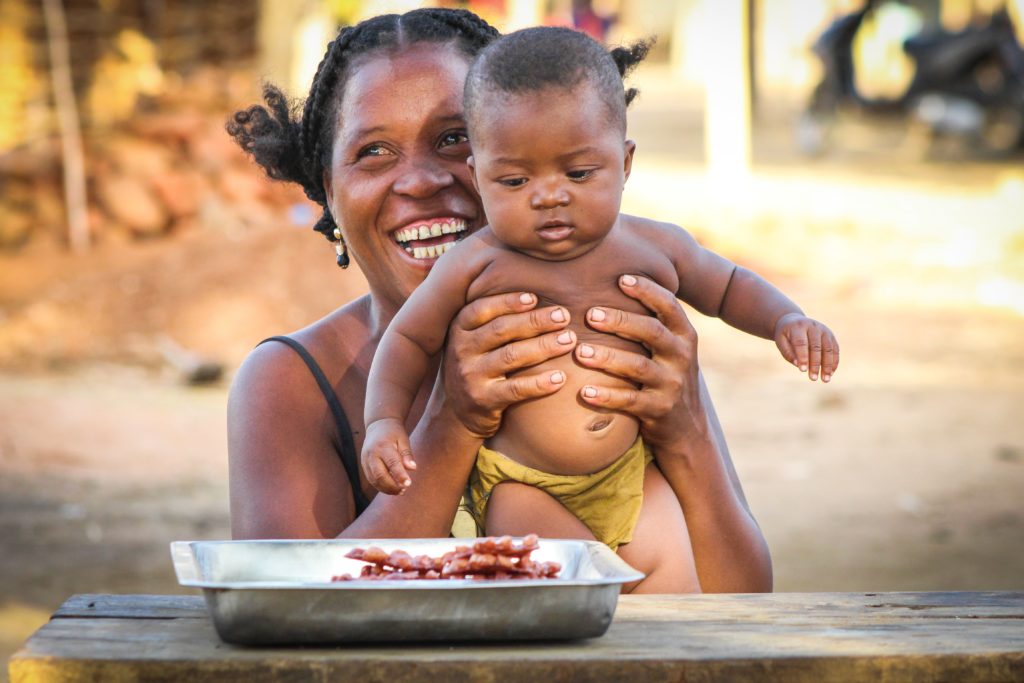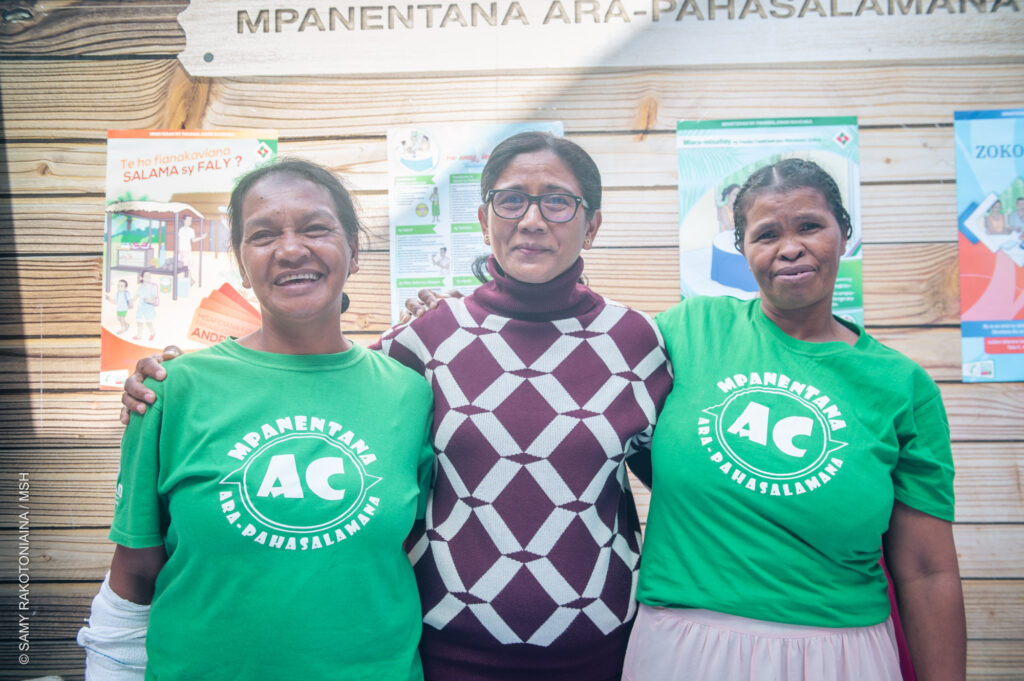Stronger Maternal and Child Health in Madagascar: The Legacy of USAID ACCESS
Stronger Maternal and Child Health in Madagascar: The Legacy of USAID ACCESS

From 2018 to its official conclusion in March 2025, the USAID-funded ACCESS program worked alongside Madagascar’s Ministry of Public Health (MOPH) to strengthen the country’s health system. By focusing on the whole system—from community health volunteers (CHVs) to referral hospitals, ACCESS made measurable improvements in maternal, newborn, and child health (MNCH), ensuring that quality care reached those who needed it most.
Strengthening the Health System for Mothers and Children
ACCESS took a holistic approach to health system strengthening, integrating proven interventions that were adapted to Madagascar’s unique challenges. This included improving the quality of care at primary health centers, or Centres De Santé De Base (CSBs), expanding malaria treatment, and increasing access to maternal health services. Throughout its implementation, the program emphasized ownership by embedding improvements within national and local health structures.

Quality Care at the Primary Level
CSBs are the cornerstones of primary health care in Madagascar, providing essential MNCH, family planning (FP), and general medical services. ACCESS introduced the Amélioration de la Qualité des Soins (AQS) approach to ensure that CSBs consistently delivered high-quality care. AQS strengthened clinical skills through training and mentorship, introduced performance-based certification for CSBs, and reinforced leadership within health facilities to sustain improvements.
One of the program’s key achievements was the certification of 385 CSBs as high-performing facilities, demonstrating improved adherence to national clinical standards in MNCH and FP. Additionally, 277 health workers were trained as encadreurs cliniques (ECs), equipping them to mentor newly recruited staff and sustain quality improvements long after ACCESS’s conclusion.
Expanding Access to Life-Saving Treatment
Beyond CSBs, ACCESS also introduced critical community-based interventions to improve child survival rates. For example, more than 22,000 children under five with severe malaria received pre-referral treatment with rectal artesunate suppository (RAS), a new intervention launched after the 2019 Conférence Scientifique sur le Paludisme. This ensured that children in remote areas received life-saving care before reaching a health facility.
Additionally, through the Intensified Community-Based Intervention (ICBI) approach, over 102,000 household visits were conducted between 2023 and 2024, leading to timely malaria diagnosis and treatment, as well as improved maternal health outcomes.
![[CHV Zafy André uses home visits to reach more members of his community in south western Madagascar.]](https://msh.org/wp-content/uploads/2017/10/03-home-visits-edited_web.jpg)
A Lasting Impact Led by Local Teams
The success of ACCESS lay in its ability to transfer responsibility and expertise to local health teams. Whether through AQS at CSBs or the community-based approaches that strengthened CHV performance, ACCESS embedded improvements within Madagascar’s health system rather than running parallel to it. This ensured that advances made over the program’s lifespan would endure beyond its closure.
By fostering leadership, accountability, and technical excellence at every level of care, the program leaves behind a stronger, more resilient health system—one that continues to serve Madagascar’s mothers and children long after ACCESS’s direct involvement has ended.